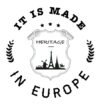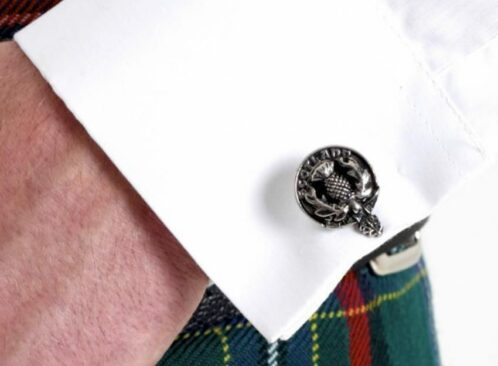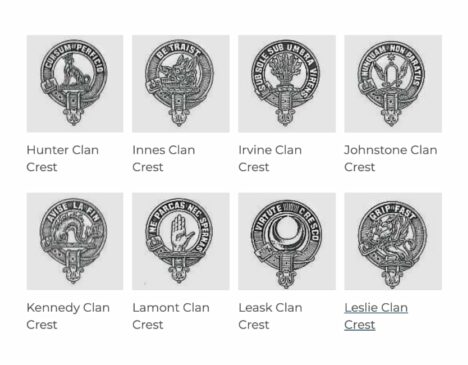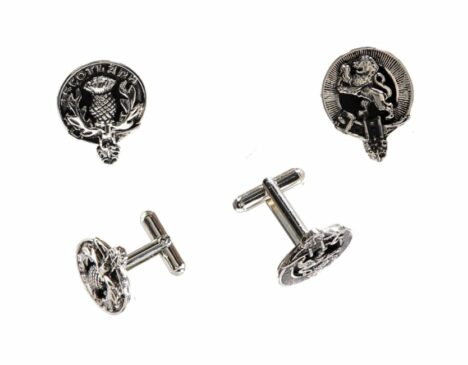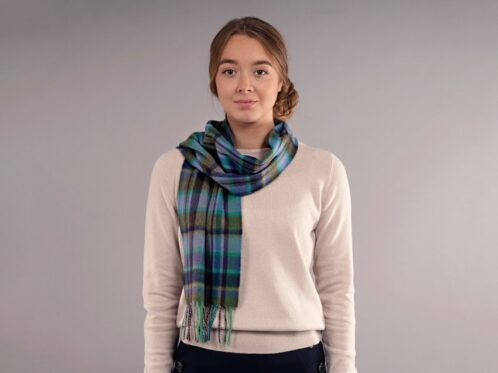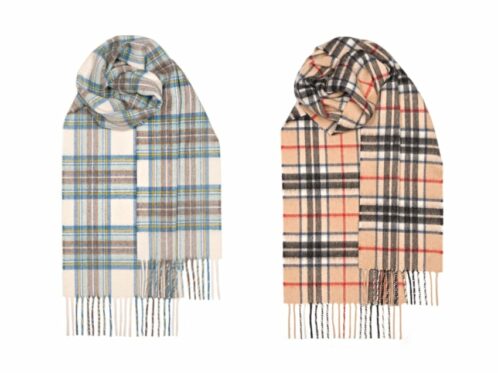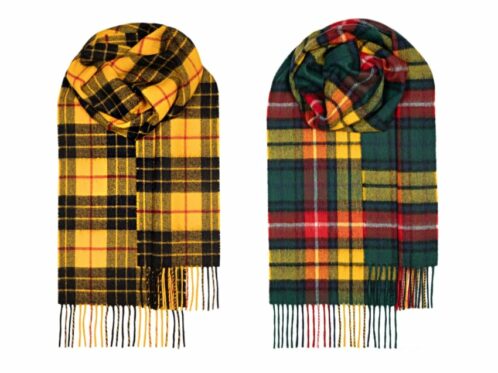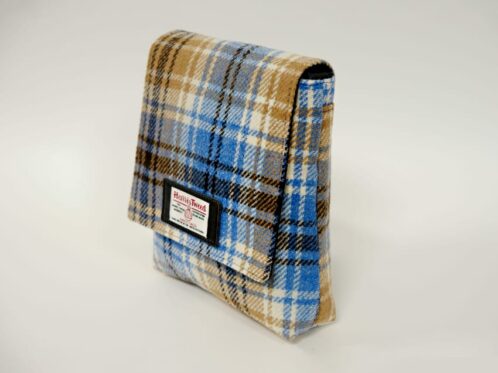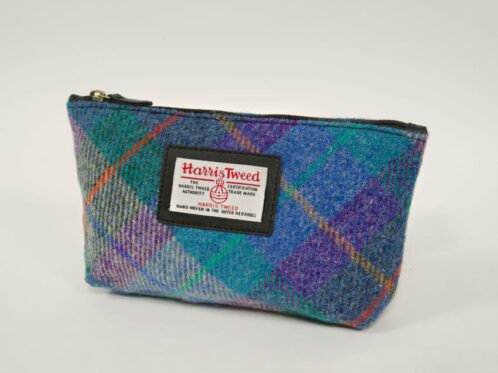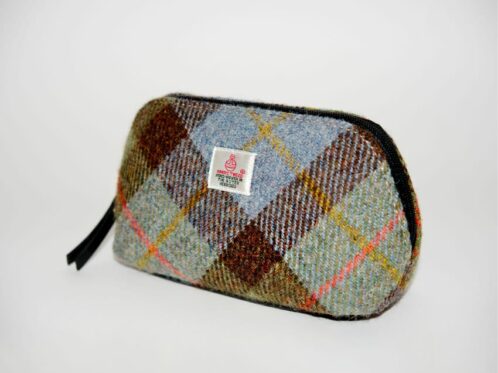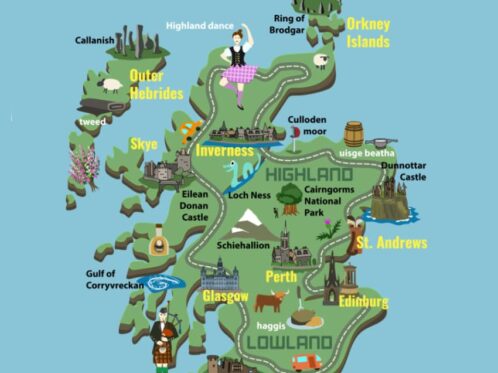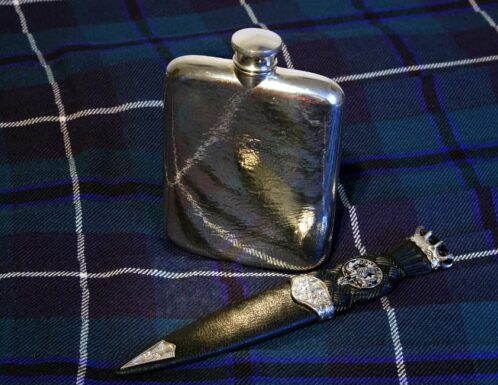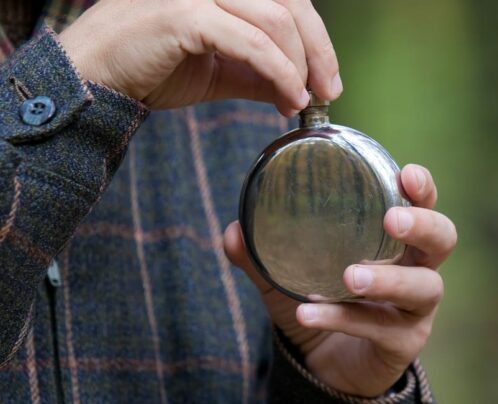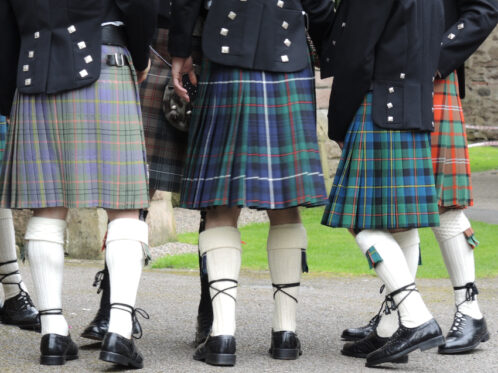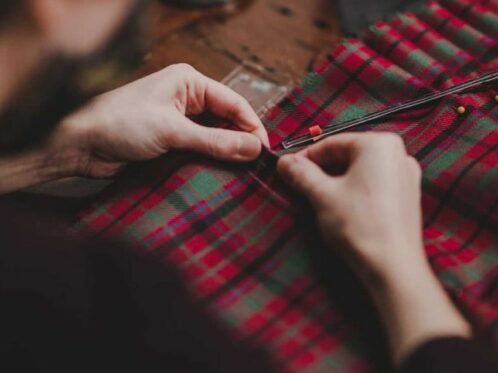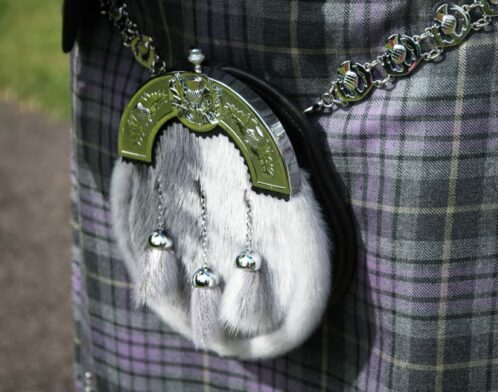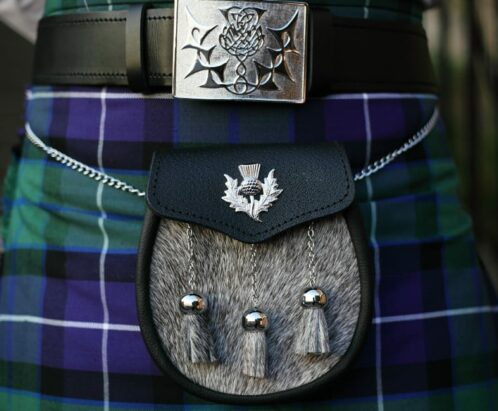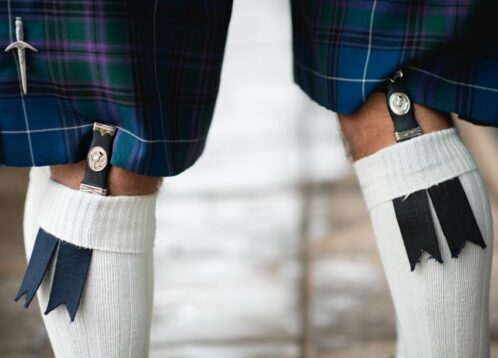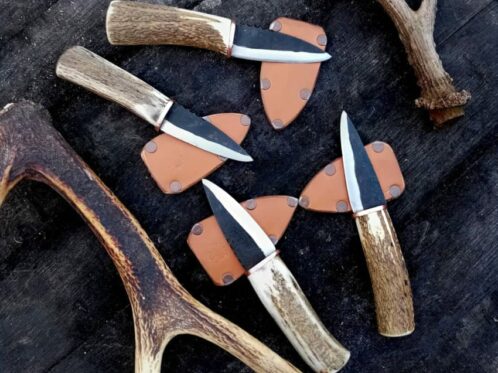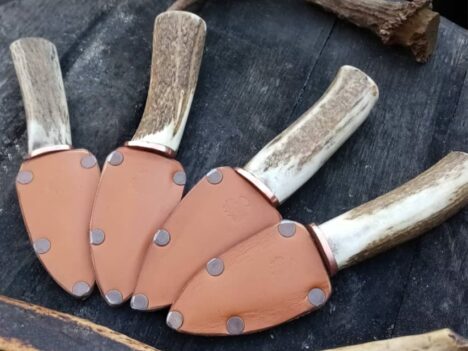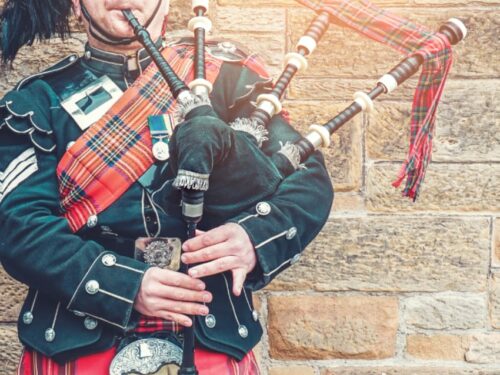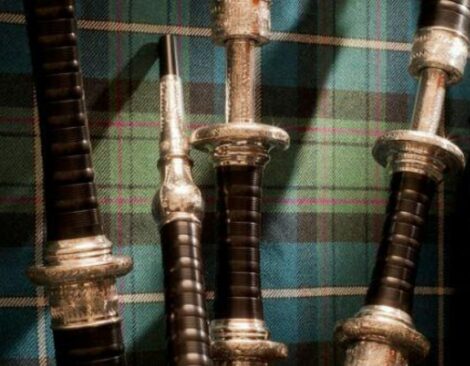What Is Made In Scotland
Scotland is a magical place with many secrets
We know a fair bit about Scotland from school, but I think you will agree that most people formed their opinion and fascination about this country while watching the 'Braveheart'.
There is more to the country now. I am especially fascinated by the makers of traditional Scottish wear that is personalised to each clan. It is a fantastic way to connect to one's past, especially if your family has roots there.
Scottish Clan Crest Cufflinks
There are more than five hundred registered clan families, and they actually meet and hold Scottish themed events in various parts of the world.
Many people are not even aware that they belong to a clan. In the USA, for example, there was a lot of immigration from Scotland that brought surnames like Kennedy, Hunter or Johnstone.
Each clan has its own tartan pattern and crest that survived hundreds of years and is still very much in use today. Mainly for decorative purpose, but I have also seen guys in London recognising each other's clans from the rings, at the pub.
I wish I were one of them, as I would love to have a family or clan crest. Even not belonging to one, I feel like ordering at least a few pairs of these cufflinks.
Handmade in Scotland, these cufflinks come in 125 clan variations if you buy from Scotland Shop. Be prepared to wait a little longer as they are made to order.
Lambswool And Cashmere Scarfs
Wool has a long-standing tradition in Scotland, as it was the most widely available resource when each clan was making its own tartan. It is also due to the local climate, where wool was crucial to making colder seasons more comfortable.
Today it is still one the most dominant textile utilising traditional wool sheep coming from local farms, as well as globally sourced cashmere.
Scots make many wool clothes and products, but we know that scarfs from tartan are extremely popular worldwide, and nothing beats a scarf that is actually coming from Scotland.
Big retailers buy wool textile from Scotland and make their own scarfs, but I suggest discovering local makers like Lochcarron who dates back to 1892. It has a team of highly praised craftsmen weaving authentic scarfs, and you can even see them in action if you visit its visitor centre in Selkirk.
Harris Tweed
Harris Tweed is a champagne equivalent of textile in Scotland. The name is restricted to cloth woven in the homes of people living on the Outer Hebrides, or the Western Isles (see the map on the left).
Just like champagne, equivalent weaving, or similar products cannot be called Harris Tweed if they don't come from these isles.
Local climate and locally grown sheep were the two main forces driving continuous improvements in making this colourful wool textile, which artisans use in making clothing, nicely patterned handbags, purses and hats.
Harris Tweed Isle Of Harris is a long-standing family business dating back to its founder, Marrion Campbell, who started the business after winning Tweed Harris design competition, in 1930. The team makes outstanding tweed and products that are still fitting contemporary fashions and tastes globally.
Whiskey Flasks
Flasks gained popularity in the 18th-century and come in many shapes and sizes. Scottish silversmiths were making a lot of them, personalised to the owner or simply adding Celtic decorative motifs.
In addition to the usual hip flask, you can also find narrow bodied purse flasks for women and round sporran flasks to be carried by men when wearing kilt.
Today there are a lot of workshops in Edinburgh and other parts of the country that make flasks in pewter, stainless steel and silver. They will happily engrave it to order, but you can also personalise decorative motifs and, with some, even ask to add a clan crest.
Fun fact, in the most part of the US carrying a flask containing liquor is illegal due to strict open container restrictions for alcohol in public spaces.
Kilts
Originally kilt was a full-length garment with the top part serving as a multifunctional cloth, sleeping bag and a coat. Today, however, Scottish use a short garment version which covers from waist to mid-knee.
The kilt is traditionally made from a multicoloured, striped tartan that usually represents a specific family clan. There are around 13,000 tartan patterns and 300 of them are registered to the specific clans.
There are a lot of kilt-makers in Scotland. They vary from large workshops that supply shops and ship globally to small shops hand-making kilts, some of which even come with new, custom-designed, tartan patterns.
I like to talk about Gordon Kilt Makers. They are the Champions of Scottish Craftsmanship competition and took on the job of designing tartans for Celtic FC, Scottish National Team and the University of Edinburgh.
Sporrans (Scottish Men Purses)
I have to admit; I am simplifying a little - women can also sporrans made for them, but it is less popular - so let's focus on sporrans worn by men.
The sporran is a part of traditional highland clothing, that people created to serve as pockets and a backpack. Kilts, you see, have no pockets. In the older days Scotsmen also used it to keep their food, plinth for lighting a fire, timber wood and all sorts of other things when travelling.
Today, just like a kilt, the sporran is much more refined and decorated. It can still come in simple leather design, but more commonly you will see them decorated using luxury fur, handmade tassels and even supported by silversmith made waist chains.
Another reason for such design and location of a sporran was to protect man's most vulnerable spot and to be a weight that keeps the kilt down in strong wind.
Sgian Dubhs (Scottish Kilt Socks Knives)
Sgian Dubhs means 'hidden black' in Scottish Gaelic, referring to a small, one edged knife usually worn tucked half-way into a kilt sock.
The legend goes that it originates from a special dagger Scotts wore in the armpit. But, most people know it for being a daily use knife in the older days. Men used it for slicing vegetables and fruits, skinning animals, cutting smaller tweaks and so on.
Today Sgian Dubhs have a more decorative purpose typically worn the occasion is right to put on traditional Highlander clothes. But some knife enthusiasts and some Scotts also use it for daily needs around the house.
That's where artisan-made Sgian Dubhs are appreciated today. For example Flett Forge is a young blacksmith making more affordable, but no less impressive Sgian Dubhs on order. I love the ones with handles from the whiskey barrels.
Bagpipes
If you think about Scotland, you will definitely see or at least hear bagpipes somewhere in the background. Same happens if you are lucky enough to visit this breathtaking country. It is impossible to spend time in Edinburgh without hearing bagpipes at some point.
Considering that it is such a unique musical instrument, it is not surprising that there are quite a few bagpipe manufacturers in Scotland.
To my surprise, such an instrument's prices start from above €1,000, and that is for a very basic model. The ones that come with African dark wood or silver are in the luxury space. You can also get a reproduction copy of the instrument played by famous Scottish musicians, like The Duncan MacRae for example.
To bag one of these, start with McCallum Bagpipes, a manufacturer from Kilmarnock. You can even visit its factory if you wish.
Feeling inspired? Looking for more stories about original things made in Europe? Discover other European countries too.

Italy also makes a number of interesting things, waiting to be discovered and enjoyed.
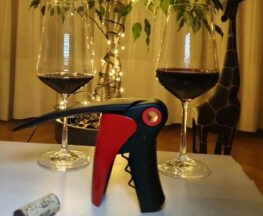
Wine openers can be unique and exciting. Discover new ways to open your next bottle of wine.

Lithuania is a small country, but it has a rich history that contributed to the unique things it makes today.

We spent years searching the web, artisan shops and visiting variety of makers in Europe. You welcome.

